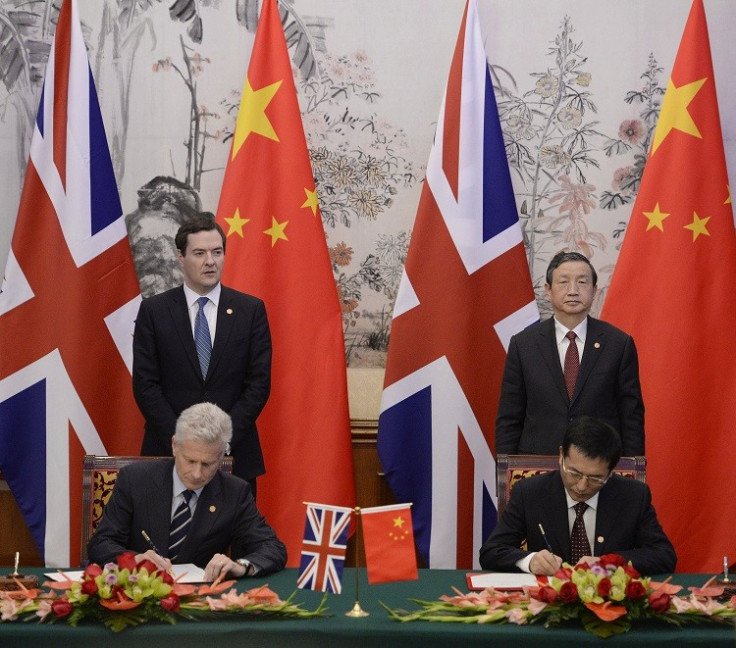Should Corruption Risks Stop You Doing Business In China?

In dealing with Chinese companies, the Chinese educational system still uses a certain amount of shaming and this naturally results in people who have a great aversion to being embarrassed.
Often a personal visit and respectful probing one on one — possibly in a relaxed social situation — can be a better way to solving problems of face.
It's better to bring solutions with you to possible corruption or IP issues. Learn how to be firm in a way that shows personal and cultural respect.
In China, a white lie is used to either avoid embarrassing or damaging someone, saying something that they think will disrespect you, or saying something they think will undermine your authority.
Foreign business people should not become aggressive because of this, but rather be grateful for this form of respect. You should practise solving these kinds of problems with discretion and diplomacy.
Guanxi and Obligations
The concept of guanxi and the network of obligations it involves lie at the heart of Chinese business culture, but sometimes various obligations will collide.
A Chinese person will then spend considerable time working out a solution that gives respect to all parties, often avoiding the literal truth in the process.
When doing high-level business in China a smart player should learn to recognise such shades of grey and develop strategies accordingly. Chinese people are inherently skilled at seeking out the solution to such problems.
The Rule of Law
Although legal protection has generally been weak in China, one of the most effective anti-corruption factors for private sector firms in the country is the sharing of prospective high profits.
This prospect aligns the interests of government officials with those of entrepreneurs and investors, thereby ensuring that all parties fulfil their roles and protect the firm's reputation to make the enterprise successful.
Generally speaking, Asian executives rate corruption well below inflation and inadequate infrastructure or labour regulations as an obstacle to doing business.
In part this is because Western law has not been central to Asian experience except in cities like Hong Kong and Singapore that were under colonial rule for so long.
China, by contrast, is said not to have rule of law but rule bylaw. A successful entrepreneur or a government official will command a large project to be done and it will be done. His power may be theoretically limited by the need for permits, but he will order his lawyers to find a law that allows what he wants, or he will even get a new law passed.
Anyone who wants to do business in China should be aware of the variety of legal systems in operation, and of their relative strengths and weaknesses.
Caveat Emptor

Act carefully and sensibly.
Have your designs registered in China and let the source company know you have done this. Design sensible contracts and protect your intellectual property carefully. Specify the parameters of a copy in the contract to avoid later arguments and litigation.
Often you will flush out dishonest players when you ask them to sign a contract, even if the contract is merely a negotiating ploy on the route to a long-term relationship.
Whether hiring staff, investing in a joint venture or appointing a local distributor, carrying out due diligence is indispensable when launching a business in and with China for the first time.
Trust Beat Corruption
Nowadays there are numerous legal and risk assessment specialists with offices in China that provide business intelligence, background checks and risk assessment consultancy.
However, no amount of due diligence will protect a foreign investor from a collapse in business relations.
It is vital that any market entry with Chinese partners at home and abroad is based on trust above all. Every effort must be made to ensure that a strategic partner is trusted.
The good news is that the Chinese government is making strenuous efforts to tackle corruption and that Western governance standards are being gradually assimilated.
David Clive Price is the author of the new book 'The Master Key to China' (£12.99 Panoma Press).
© Copyright IBTimes 2025. All rights reserved.





















